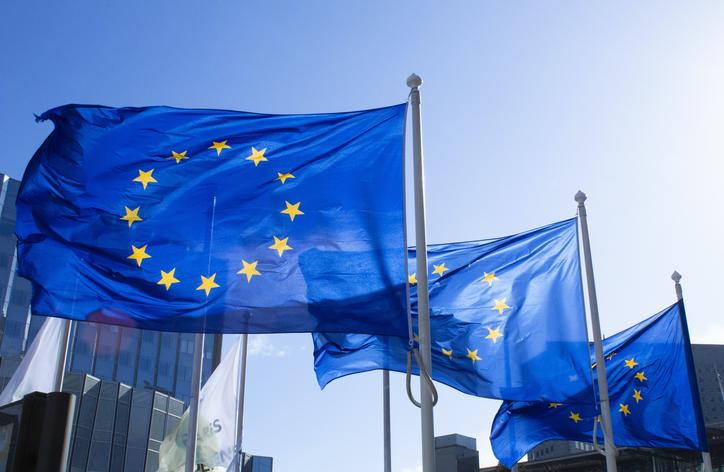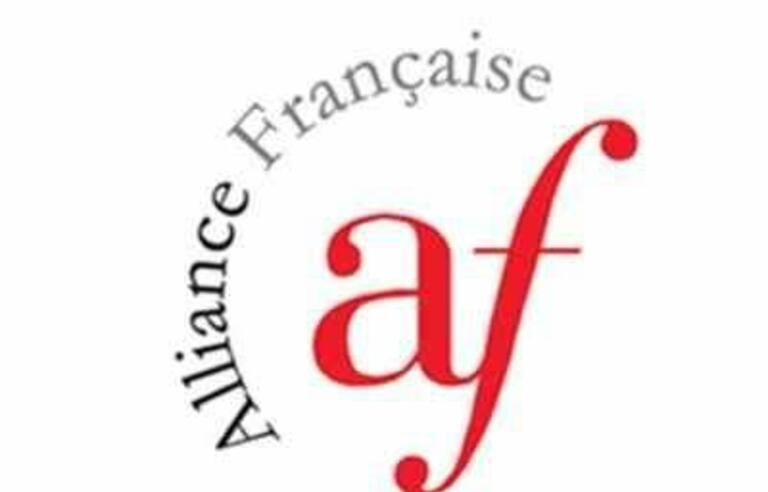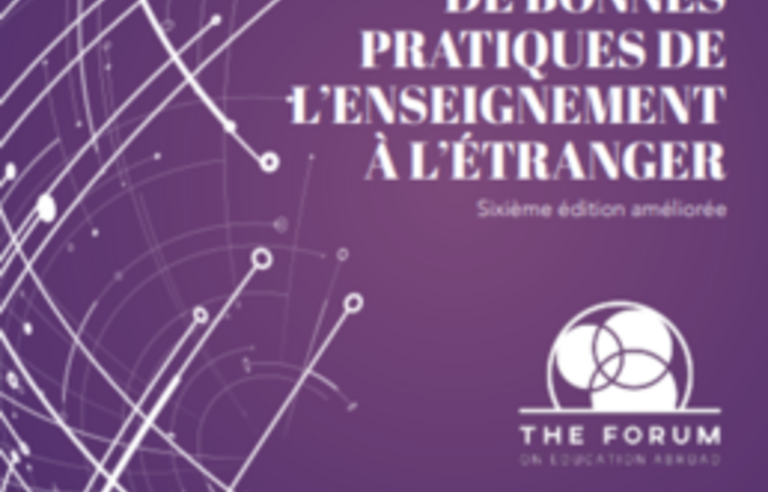European Affairs : EXPLORING MASTER'S PROGRAMS IN FRANCE

In the Exploring Master's in France Series, Campus France USA showcases opportunities for U.S. students to pursue graduate degrees in France within five key disciplines, including European Affairs.
Study European Affairs, in the heart of Europe
In today’s world, collaboration and understanding among the world’s key players is paramount to securing freedom, rule of law, and democracy throughout the world. As global threats such as climate change, political instability, technological insecurity, and supply chain issues plague the world’s citizens, experts must join forces to ensure the safety of all. In the international affairs space, Europe is often seen as a standard-setter. Europe also plays a strategic role geopolitically as it neighbors Africa, the Middle East, and Asia. Europe is undergoing a series of changes as it reinforces long-held identities and builds new ones. It has long been a leader in food safety, climate change reforms, and digital privacy regulation. The region also holds a joint military stance, seeking to increase its collaboration with NATO and moving forward technologically with its proposals on AI software use. The EU is also seeking to increase its cooperation with the countries of Africa and reinforce its commitment to carbon neutrality through the Green Deal. Students who study European affairs will engage closely with one or many of these topics and more.
France as a key player in international and European affairs
France plays a vital role in both the European and international communities. French is one of the 6 official languages of United Nations, headquartered in New York and Geneva, marking the importance of the French language. French is an official language in 29 countries and territories. Additionally, France has the second strongest economy in the European Union, following Germany. The country is home to the European Court of Human Rights and the European Parliament. Furthermore, during its recent presidency of the European Union, France worked to reform the Schengen Area policies to ensure the safety of European free movement while also considering the current migratory crisis and the safe relocation of refugees landing on European soil. The French presidency made inroads towards a common European defense strategy to strengthen Europe against the multitude of threats it faces. Students who decide to purse their degrees in France will place themselves at the intersection of economics, politics, security and culture within Europe and the world.
Professionals in the European/ international affairs space work towards completing the 17 Sustainable Development Goals. Goals 16 (Peace, Justice, and Strong Institutions), 9 (Industry, Innovation, and Infrastructure), and 8 (Decent Work and Economic Growth) are a few examples of ways in which a degree in European/international affairs is relevant to the problems of today. Students who pursue their degrees in this field will answer many questions behind sustainable development, bridging the Global North-South gap, and the migratory crisis.
For students considering a degree in international or European affairs, France remains an excellent destination. France offers a host of programs in European affairs and is the country of choice for hundreds of thousands of students. For the 2020-2021 academic year, 364,756 students chose France to pursue their studies. 24% of the students were from other countries in Europe, contributing to a more international student environment. Students who choose France for their studies will find themselves in metropolitan environments taking courses with students from a variety of countries, bringing diverse philosophies and creating connections that will take them forward in their careers.
Students who study international affairs in France will be able to advantage of organizations such as the Institut Francais des Relations Internationales (IFRI) and the Erasmus+ traineeship program. Additionally, many French universities boast extensive networks allowing students to engage with professionals or other students during their studies. Universities in France often work with companies and organizations to provide students with real-world experience that transfers to the working world. Students may find themselves interning at the Agence Francaise de Developpement, the European Parliament or European Court of Human Rights, UNESCO, and other agencies.
Explore hundreds of graduate programs in European Affairs:
We've spotlighted several programs below. See the Campus France USA degree catalogs for broader research on degree programs in French institutions that are open for international candidates.
The Université de Lille’s Master of European and International Studies: Economics of Globalization and European Integration, European Economics and Political Affairs, and Management of European Affairs.
-
Leverages Lille’s proximity to key EU institutions as students attend lectures with EU officials and visit different branches of the EU.
-
During the program, students can travel to and study in other EU countries besides France for up to two semesters (depending on concentration). Some partner schools include Ghent University in Belgium, Tartu University in Estonia, and the University of Cantabria in Spain.
-
Erasmus Mundus Joint Degree in Economics of Globalization and European Integration available for students who choose the Globalization and European Integration track.
-
Students gain understanding of European economic policy, European and international business law, negotiation, lobbying, and more. They also have the chance to undertake an internship in a European institution.
Master Études européennes et internationales – Aix-Marseille University
-
This program prepares students to interact and succeed at the European and international levels, focusing on professionalization alongside theoretical understanding of the European Union and the international space. Upon completing the two-year master’s program, students will have expertise on geopolitics, international institutions, and a nuanced understanding of their role in international affairs.
-
Students participating in this master’s program have the option of three concentrations (International and Intercultural Negotiation, Euro-Mediterranean Cooperation, and European Programs and Politics.
-
Students in this program do internships between four and six months long. Students can also partake in multicultural negotiation simulations and long-term research projects.
-
Aix-Marseille University partners with 19 European and international institutions allowing students to study abroad in a variety of destinations (depending on concentration). Example countries include Spain, Germany, Bulgaria, Colombia, Brazil, and Japan.
-
Taught in French

























